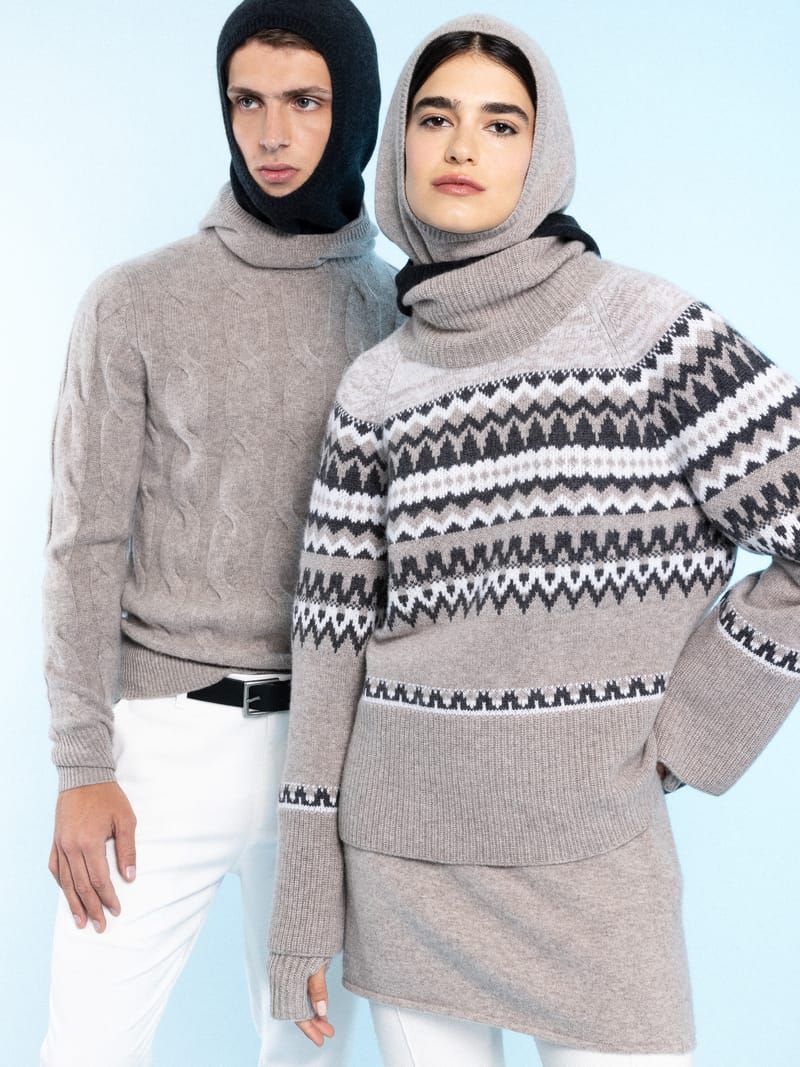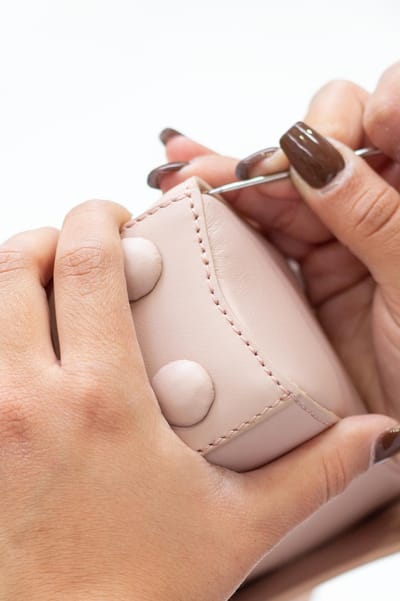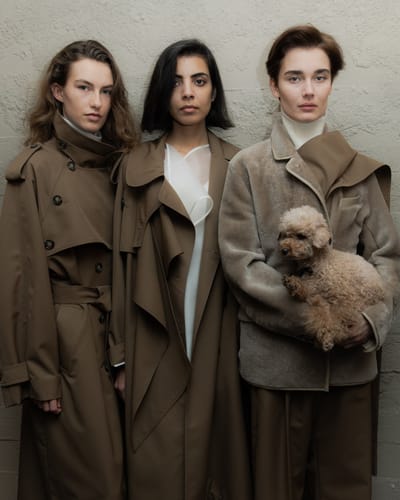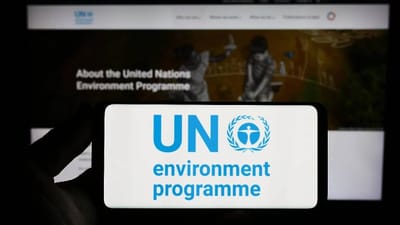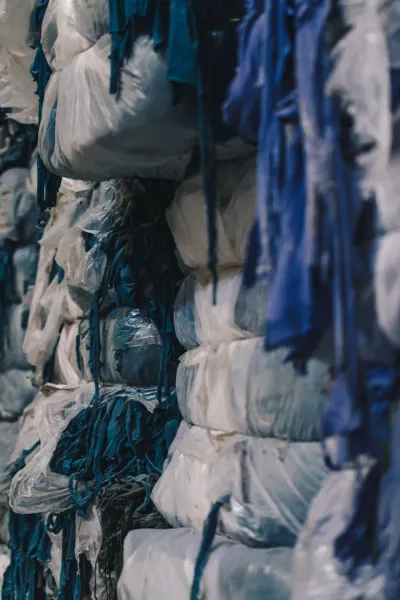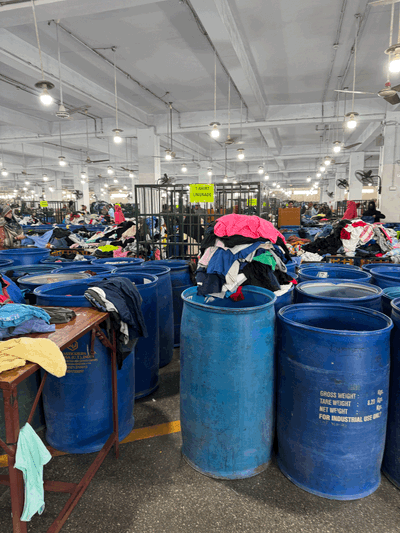FTC® stands as a leader of innovation and sustainability in the knitwear industry, marrying family values with ethical practices to create luxurious cashmere products. Founded by Andreas and Jutta Knezovic in 2003, this family-run business has grown from humble beginnings to become a leader in sustainable fashion. Today, Jana Knezovic, Director Brand & Product, and her brother Adrian Knezovic, Co-CEO overseeing international business and strategic partnerships in China, continue to drive the brand forward with a deep commitment to transparency and quality.
FTC®'s journey began in 2003 with a bold vision: to create a brand centred around sustainability long before it was a trend. "The story of FTC® started with the idea of 'doing it differently,'" explains Jana. "My parents launched Fair Trade Cashmere at a time when sustainability wasn't even a consideration for most. They wanted to know every party involved in creating their products, a commitment that has only grown with new projects and initiatives over the years." Today, FTC®’s entire collection is Oeko-Tex® Made in Green certified, featuring plastic-free packaging and an innovative up-cycling line that is net positive.
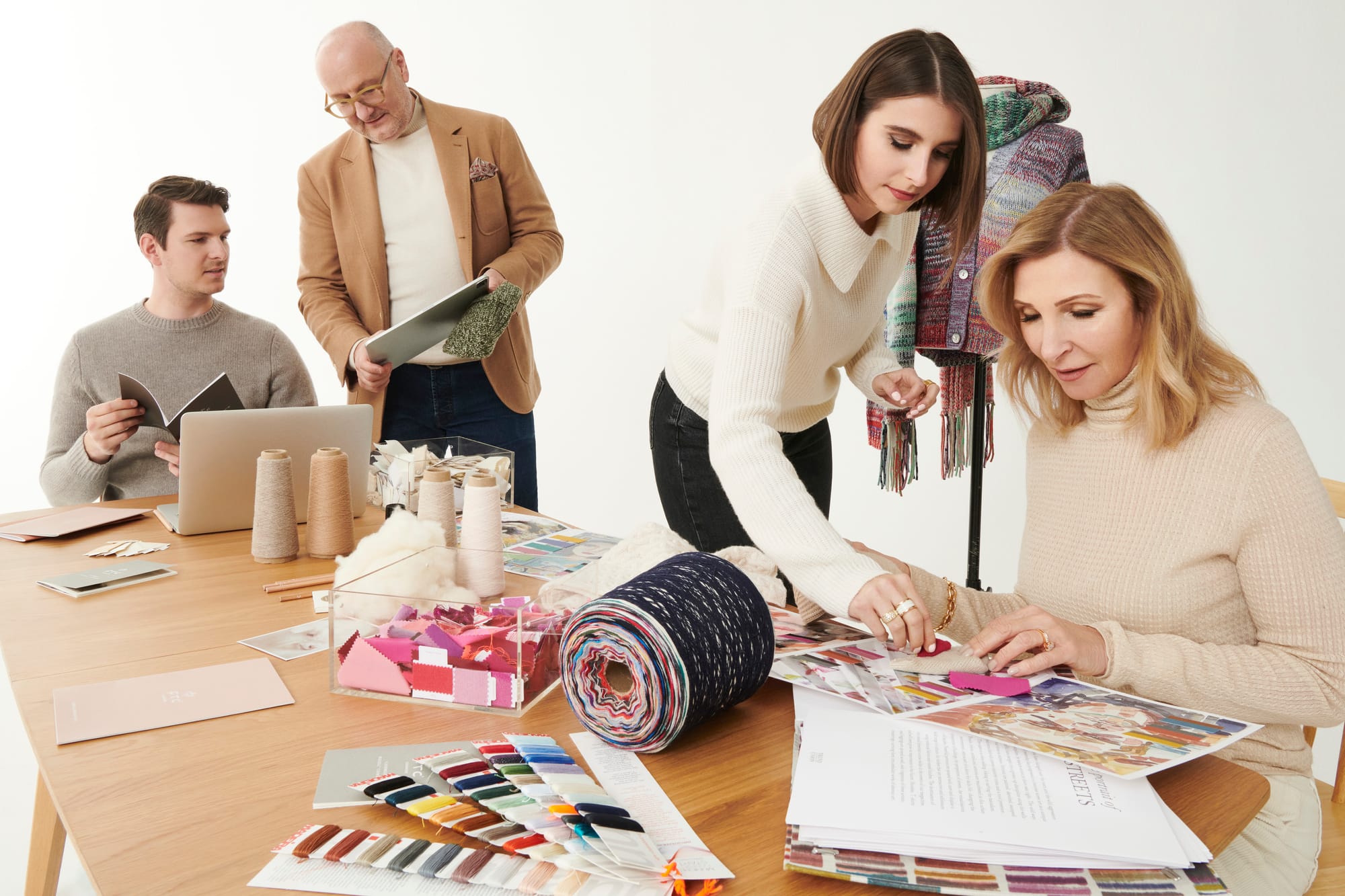
Family values have been the cornerstone of FTC®’s identity from the outset. "My parents invested every second of their time into the company, alongside raising me and my brother," Jana recalls. "Our family values are deeply rooted in the company and have inspired its creation and evolution. From early on, my brother and I were included in big decisions, ensuring our voices were heard."
Swiss craftsmanship and heritage also play a crucial role in shaping FTC®'s brand and products. "Switzerland is our family home, so it naturally became the company's home too," says Adrian. "We value craftsmanship immensely. In our own manufacturing plant, we use high-end German and Italian knitting machines to support our Chinese team, who are absolute experts in cashmere."
As FTC® expanded from a small family business to a major player in sustainable fashion, its core values evolved but remained steadfast. "Initially, the whole idea of FTC® was about a feeling—a desire to know all the involved parties, to meet the farmers in China personally, and to connect faces with the final product," Adrian reflects. "Over the years, this feeling grew into various initiatives. Our values haven't changed; they've evolved. It's a journey, and with new possibilities, we're still growing. We've integrated the entire supply chain and now have a fully certified supply chain."
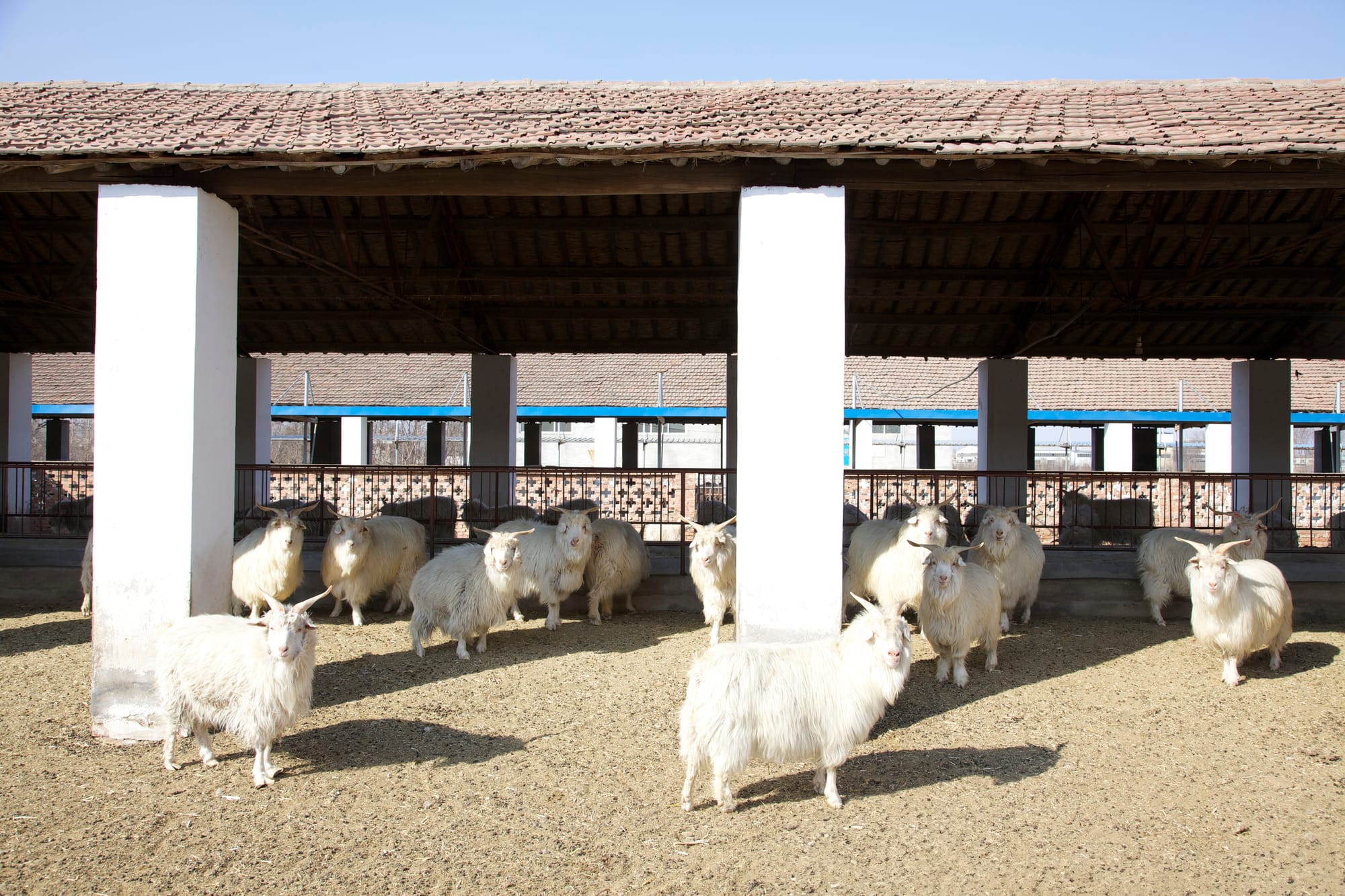
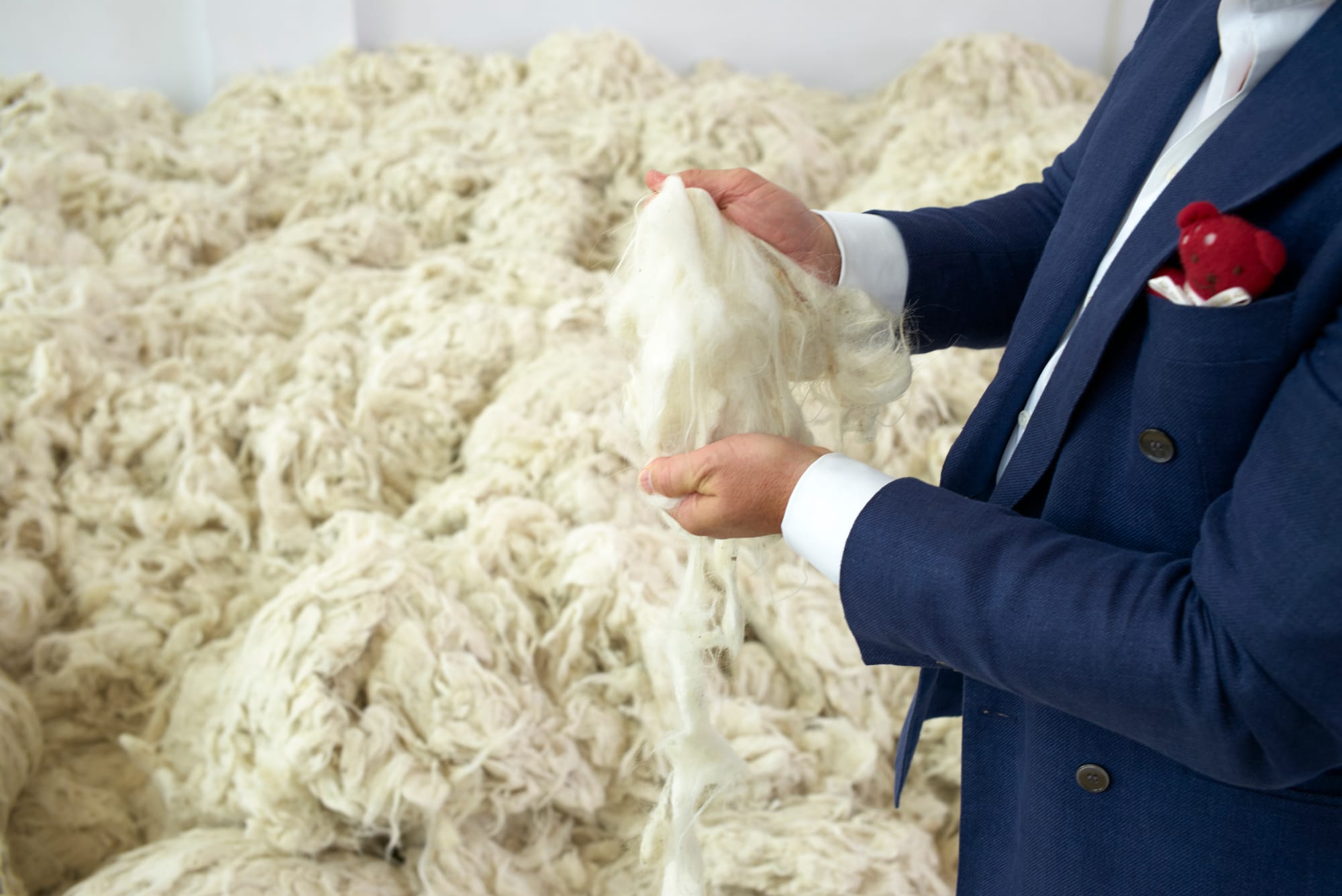
The benefits of being a family-run business extend beyond authenticity. "Being family-run adds a certain charm and authenticity, putting faces to a product," Jana notes. "Decision-making is a different story, though. While we base decisions on facts and numbers, there's an added personal pressure to do right by your family and your team. This pressure is higher when it's your own."
FTC®’s commitment to ethical practices is evident in its vertically integrated supply chain, which allows for complete control over every stage of production. "Over the years, we've backward integrated the entire supply chain with our Chinese partner," Adrian explains. "We have our own goat breeding farm, where we house, feed, and care for our goats. Essentially, we're farmers who grow and process the food for our animals and take care of our beautiful goats. The fine hair of the goats is then combed, processed, and turned into our luxurious cashmere products."
Ensuring ethical practices and fair trade conditions is a priority for FTC®. "At our farm, we work with a clear set of rules to ensure the well-being of our goats," says Adrian. "We also undergo audits from Oeko-Tex® along our full supply chain, following the rule catalogue of the STeP Certification, which includes both social and environmental aspects."
Transparency and traceability are at the heart of FTC®'s operations. "By integrating the supply chain, we maintain transparency from the source of cashmere to the finished product," Adrian explains. "Our joint-venture partner in China grew up with cashmere goats and is an expert in both the animals and the cashmere itself. We travel there many times a year to ensure all set rules are met and to stay connected with our team and partners."
FTC®’s approach to ethical sourcing extends to the communities involved in its supply chain. "Since it is our own farm, it is our own team," Adrian notes. "Through our 'Farmer Protection Program,' we provide veterinary support for partner farms. Additionally, we produce food for the goats on our farm, creating jobs not only on the farm with the animals but extending further."
Balancing demand with sustainable practices is managed effectively at FTC®. "We have no issues with sourcing quantities or production quantities," says Jana. "We produce only on order, so there are no unnecessary overproductions. We value the limited raw material we work with and would not create products that are not requested."
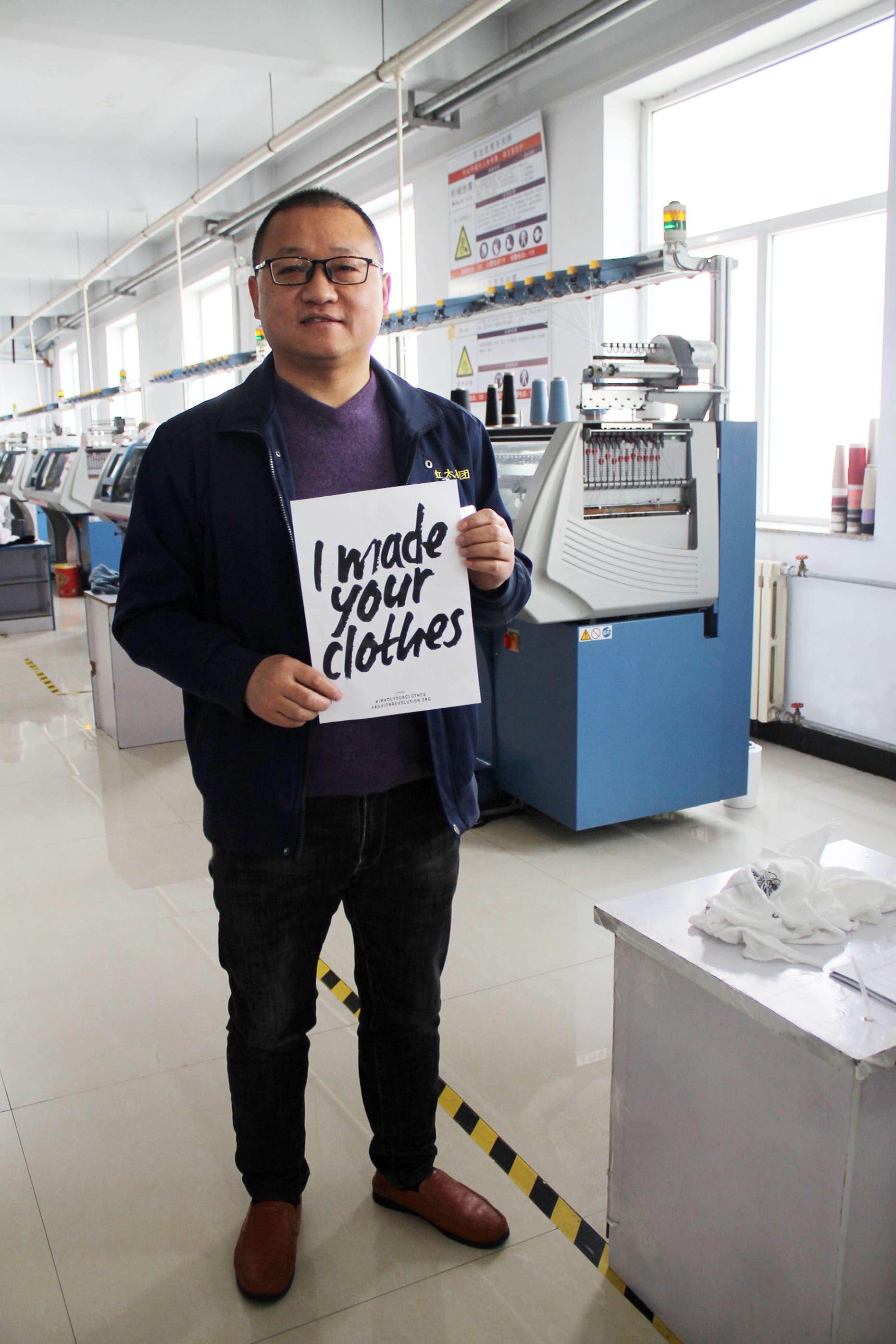
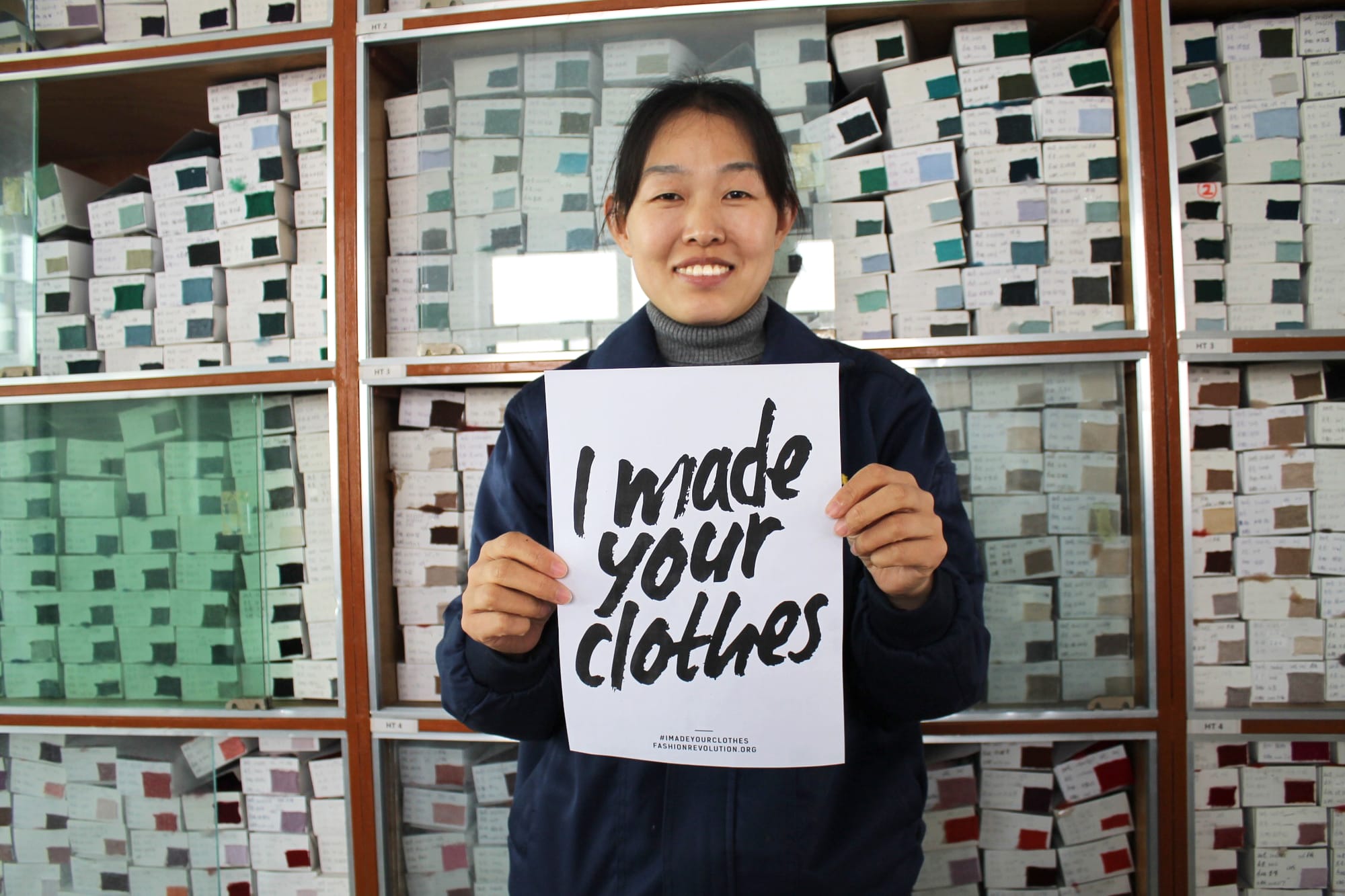
The design and production process at FTC® are tightly aligned with its ethical and sustainable values. "We combine modernity with longevity in our designs, avoiding styles that go 'out-of-season-out-of-style,'" Jana explains. "With our own team, we manage to keep prototyping to a minimum. Only half of the sales samples had one prototype before, and none had more than one prototype. We produce only on order, creating no unnecessary overproduction."
Innovation is key to FTC®'s design process, balancing traditional craftsmanship with modern techniques. "We constantly innovate," says Jana. "Our newest project, 'Inspired by Ai Designed by FTC,' uses a text-to-image generator to create images from our ideas. This challenges us and results in unique, innovative designs. We've already made our third AI-inspired collection without any prototypes before sampling."
Looking ahead, FTC® is prepared to navigate future trends and challenges in the sustainable fashion industry. "The world of sustainability is constantly evolving, and we need to be open-minded to evolve with it," Jana reflects. "Currently, the biggest challenge is transparency and authenticity. Consumers are overwhelmed with so much information, and there's a lot of misinformation for marketing reasons. We address questions openly and honestly."
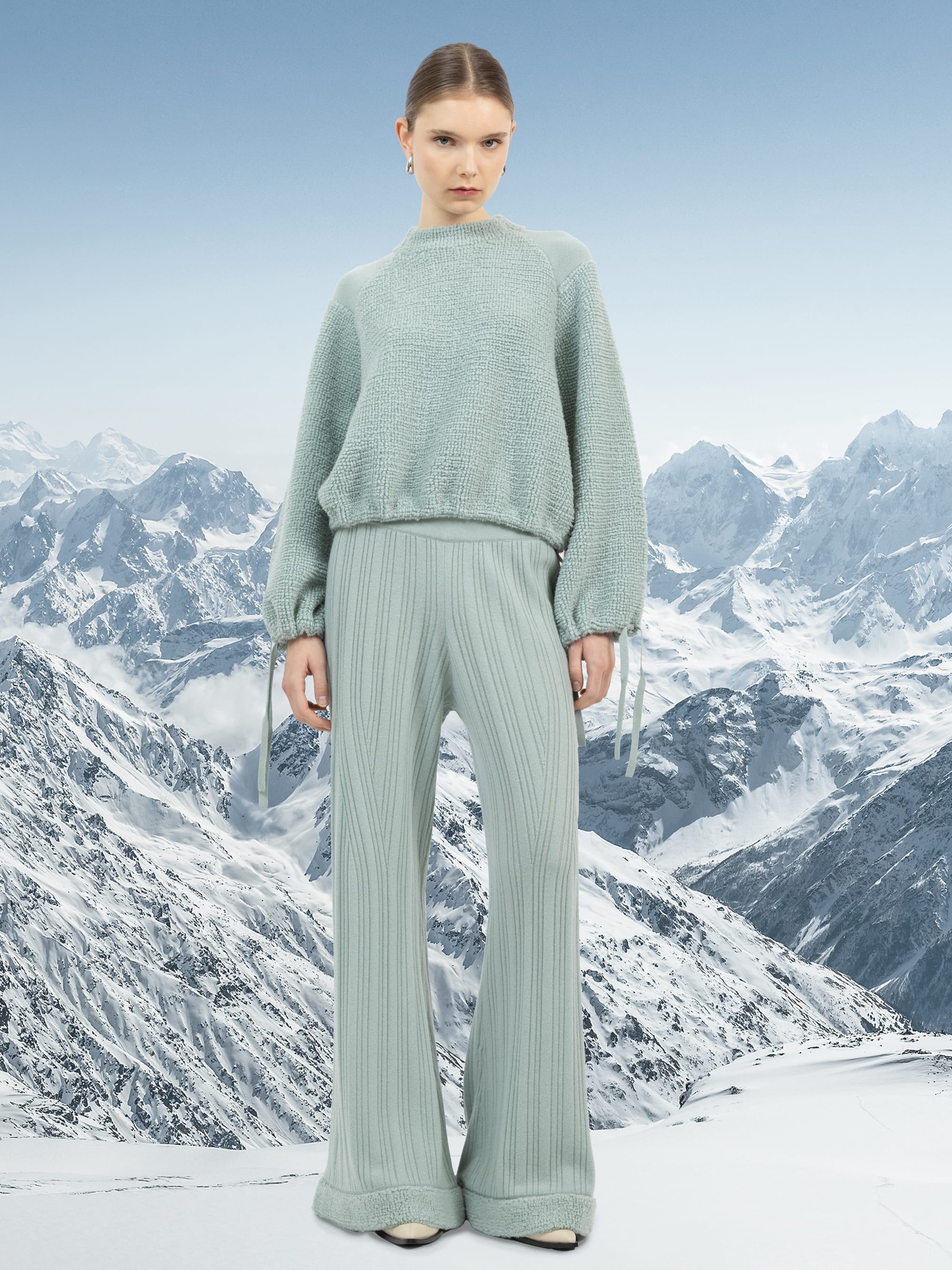
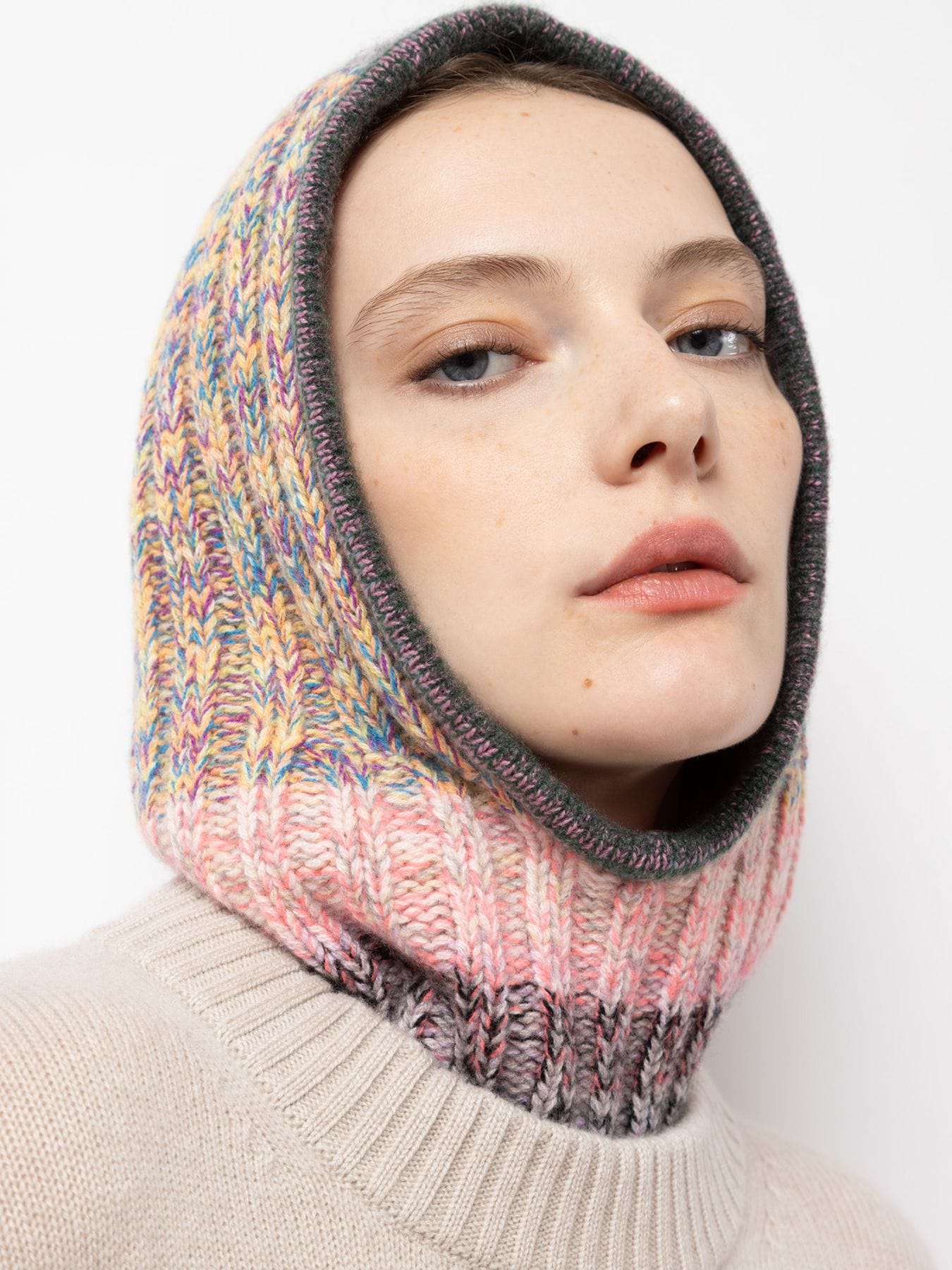
Andreas and Jutta Knezovic's pioneering spirit continues to guide FTC®, with Andreas leading production in China, where he is respected as "Lao Hu" (big tiger), and Jutta overseeing the European business as COO. Their dedication to quality and innovation, combined with the efforts of the next generation, ensures that FTC® remains at the forefront of sustainable knitwear.
FTC®’s radical transparency is enabled by owning every step of the supply chain. "From our own cashmere goat farm to our manufacturing facilities, we manage every aspect," Adrian explains. "This includes feeding and caring for our goats, harvesting the finest cashmere, processing it, and finally creating our fashion pieces. Our processes are designed to minimize waste and energy use, with our factory partly powered by solar energy."
Environmental stewardship is integral to FTC®’s operations. "We have a water purification plant that ensures only clean wastewater flows into the local water system after the dyeing process," Adrian notes. "We pack our products exclusively with FSC-certified paper, which is easily recyclable, and we are committed to achieving a complete renewable energy mix in the future."
FTC®’s products are known for their longevity and timeless appeal, designed to be cherished for years. "Our designs combine modernity with longevity," Jana reiterates. "We use our own materials, manufacture in-house, and keep product accessories to a minimum, ensuring high quality and sustainability."
FTC® exemplifies how a family-run business can lead in sustainable fashion through a commitment to ethical practices, transparency, and innovation. With a vertically integrated supply chain and a dedication to Swiss craftsmanship, FTC® continues to set new standards in the industry, proving that sustainability and luxury can go hand in hand.

